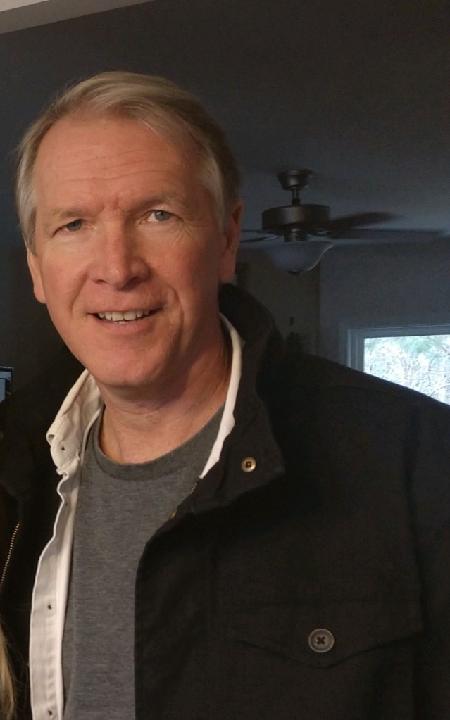Activity
Mon
Wed
Fri
Sun
Mar
Apr
May
Jun
Jul
Aug
Sep
Oct
Nov
Dec
Jan
Feb
What is this?
Less
More
Memberships
Customer Engine Academy
319 members • $149/month
Business Acquisition Playbook
544 members • Free
GC
Growthworks Community
24.1k members • Free
GC
Growthworks Core CRM
702 members • Free
30 contributions to Growthworks Community
I'm using AI Tools to help me refine my Program
I had the privilege of presenting at my industry’s largest conference, and I believe you’ll recognize the slide behind me. While I’ve achieved some successes using the GrowthWorks system, I’ve come to realize that I never truly comprehended the entire process and ended up improvising. I believe you’ll agree that this program presents a wealth of new information, and I still find it challenging to grasp everything. Therefore, I decided to enlist the assistance of a few Gen AI platforms to serve as my GrowthWorks Coach. I’ve invested over 100 hours in this project, and I’m now experiencing significant progress. I’m unsure how much to share in this post, but I’m open to conducting a Zoom call to showcase my entire process. Key points that have transformed my approach: I clearly articulated my objectives for my campaign planner, product roadmap, and other related tasks. Then I asked ChatGPT to generate a list of interview questions I could answer while recording myself. I then fed my responses back into the same ChatGPT session, and it synthesized them into polished GrowthWorks assets for my program. I repeated this process for each of my nine steps until the final product was ready. For some inexplicable reason, I just get stuck when creating the GrowthWorks Course slides and speaker notes. So, I developed an AI tool that conducts interviews with me and generates the slide content and speaker notes. While this may seem like common sense to some of you, it has had a profound impact on me, and I wanted to share it as it may be beneficial to others. And just in case you are wondering, I now use generative AI tools to generate my own visuals (one-pagers, slides, landing pages, videos, etc.). I'm not saying the Growth Works app isn't amazing; I just got exhausted spending hours and hours fiddling with font sizes and correcting grammatical errors on the Program one-pagers every time I made a change.

New Ancient Tuning
I would like to have feedback if you try this..It is lovely

Question
What part of GrowthWorks gave you the biggest clarity breakthrough?
Hands-On Workshop Idea (Poll)
Hey folks! 👋 Please read this and respond to the poll below... Over the last two weeks, our coaching group has been going super deep on offers and messaging. We've done 4 live calls and most folks are getting great progress on nailing down their core audiences and messaging... 🎯 In case you're not aware — your offer is literally 99% of your success. Getting clear on the one problem your product or program solves for a specific audience is critical. Without this you can spend eternity making content, ads or posting on social and... crickets! 🦗 Don't take this from me — you won't find a single business doing consistent sales without a clear offer. This brings me to the cool part! 🔥 If there's enough interest, I am considering doing a live hands-on workshop to help you map out your messaging and offer. This would be a 60-90 minute Zoom session where I would help you complete a simple "offer builder" worksheet so you can launch with confidence. ✅ I also created a new AI tool to help you define your audience and messaging. 🤖 The coaching group has found this to be extremely helpful and I would be willing to share this tool with attendees of the workshop as well (see cool feedback from our client Leah below)... The price would be $0 (Free). 🎁 Let me know if you are interested in attending — not registering and no-showing as there are limited seats for the Zoom session... If there's enough demand, I will schedule and post details here on the calendar. 📅
Poll
295 members have voted

Greetings from Germany
Hi everybody . I am a musician and an artist.Nice to meet you all
1-10 of 30
@vance-shimley-2524
My company helps you understand your flood policy and helps you navigate the flood claim process.
Active 14d ago
Joined Mar 25, 2023
Atlanta, Georgia
Powered by




